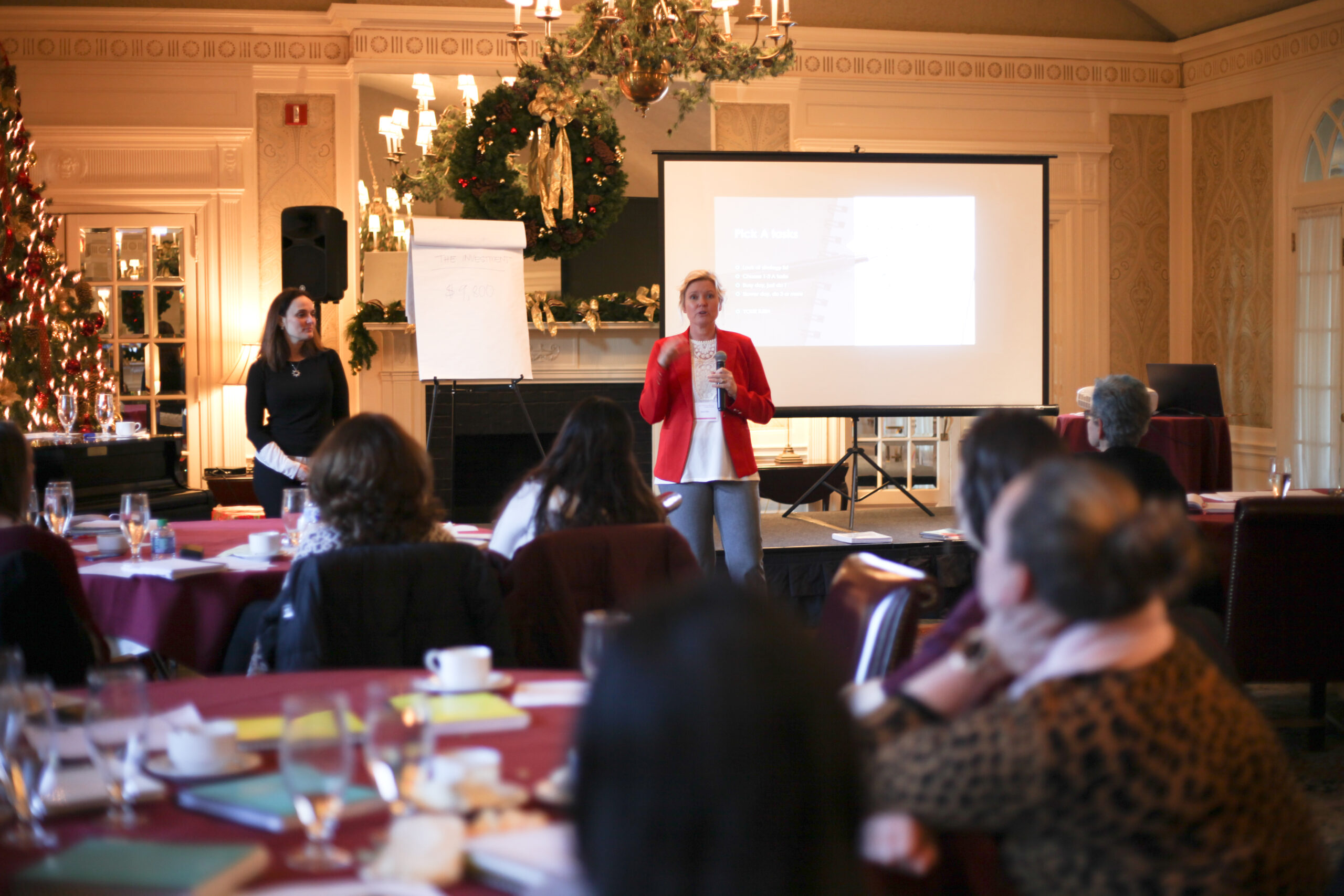This isn’t about sitting in meditation for hours. It’s about cultivating awareness, focus, and intentionality in leadership. When applied consistently, mindfulness becomes the foundation for simplifying decisions, streamlining operations, and removing persistent bottlenecks. Coaching techniques that integrate mindfulness allow leaders to cut through mental clutter and lead with clear purpose.
Develop Awareness Through Mindfulness in Business
Most operational bottlenecks are caused by unclear systems and distracted leadership. Practicing this helps leaders build awareness of inefficiencies they may have normalized. This awareness is the first step toward optimizing systems and reclaiming focus.
When leaders pause and reflect, they begin to see where energy and time are being wasted. From there, intentional adjustments can be made to eliminate duplication, strengthen alignment, and simplify workflow.
Create Strategic Focus with Mindfulness in Business Coaching
When a business feels overcomplicated, it’s often because leaders are caught in constant reaction. Mindfulness in business enables leaders to create space for deep, strategic thinking. Techniques such as time-blocking, reflection, and mindful prioritization make room for clarity.
This space helps leaders identify which projects drive impact, which can be delegated, and which should be eliminated — leading to less chaos and more intentional progress.
Streamline Communication Through Mindful Leadership
Communication is one of the most common sources of friction in teams. A mindful leader listens actively and speaks with intention. Applying mindfulness in business communication fosters trust and prevents misunderstanding.
By staying fully present in conversations, leaders can clarify expectations and empower teams to collaborate more effectively — reducing delays and conflict.
Align Business Systems with Mindful Practices
Mindfulness in business brings clarity to systems and processes. When priorities are clear, tools, workflows, and decisions align naturally. Leaders can remove bottlenecks by ensuring systems support strategic goals instead of complexity.
Teams feel lighter and more focused because they know exactly what matters most — and why.
Enhance Emotional Intelligence with Mindful Leadership
Mindfulness enhances emotional intelligence — a core strength of effective leadership. By staying aware of emotions, leaders can regulate reactions, remain calm, and respond with clarity during stressful moments.
Incorporating mindfulness in business coaching helps leaders model calm under pressure, fostering a culture of trust and emotional safety.
Sustain Focus and Resilience Through Mindful Habits
Distraction is one of the biggest performance killers. Through mindfulness practices such as reflection, digital boundaries, and structured focus, leaders can sustain attention and energy throughout the day.
These mindful habits help prevent burnout and maintain consistent productivity — key to sustaining business success.
Drive Long-Term Success with Mindfulness in Business Strategy
The goal of mindfulness in business isn’t just calm leadership — it’s clarity-driven growth. By simplifying systems, aligning teams, and cultivating self-awareness, leaders create businesses that thrive sustainably.
They move from burnout to balance, from chaos to clarity, and from scattered effort to focused progress. This is how mindfulness transforms not just leaders, but entire organizations.
Resources and Internal Links
- Explore our business coaching programs
- Learn more about mindset and mindfulness coaching
- Schedule a clarity call with Jennifer
- Harvard Business Review: Mindfulness and Business Strategy
By integrating mindfulness in business, leaders unlock a powerful advantage — the ability to lead with clarity, presence, and purpose.












